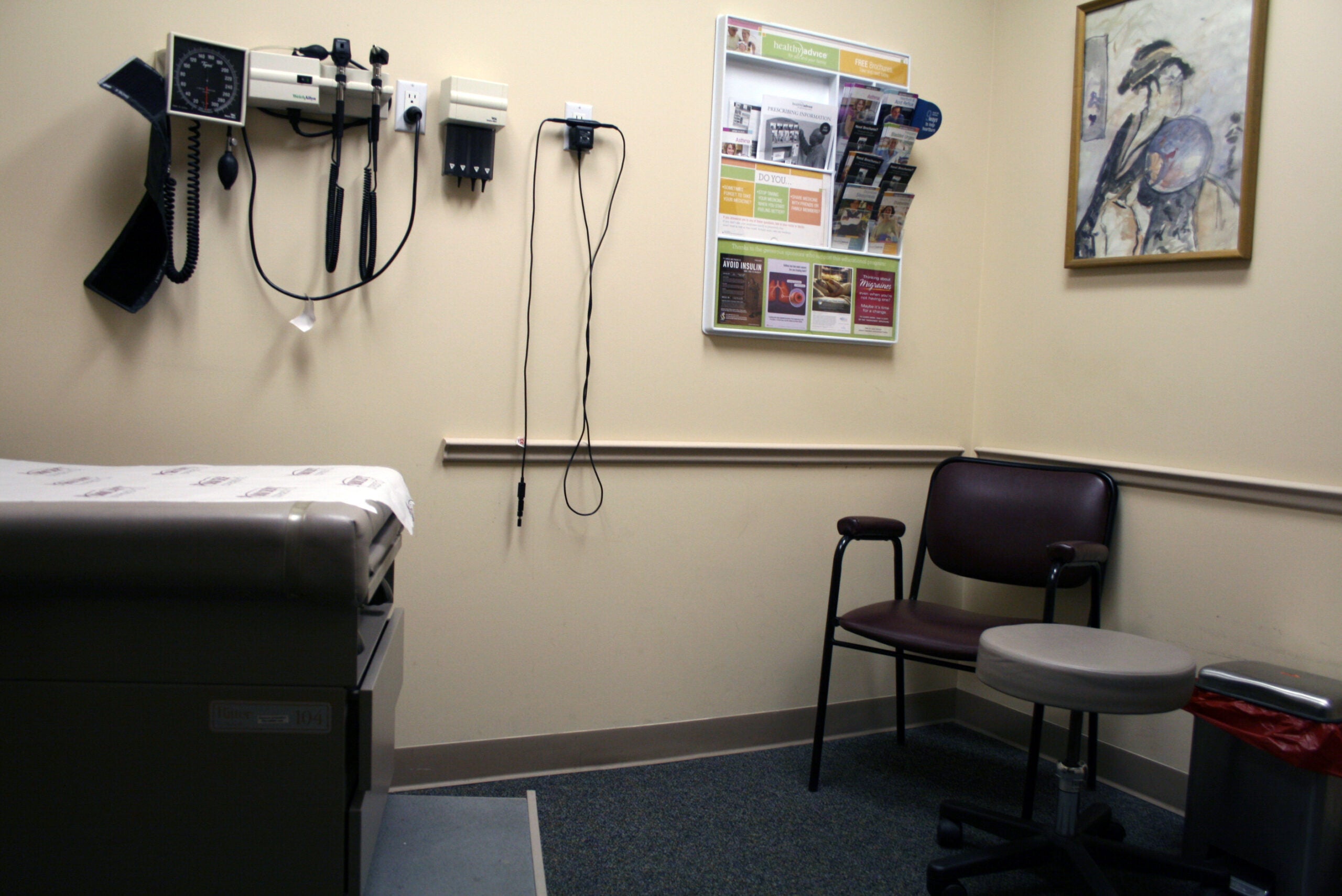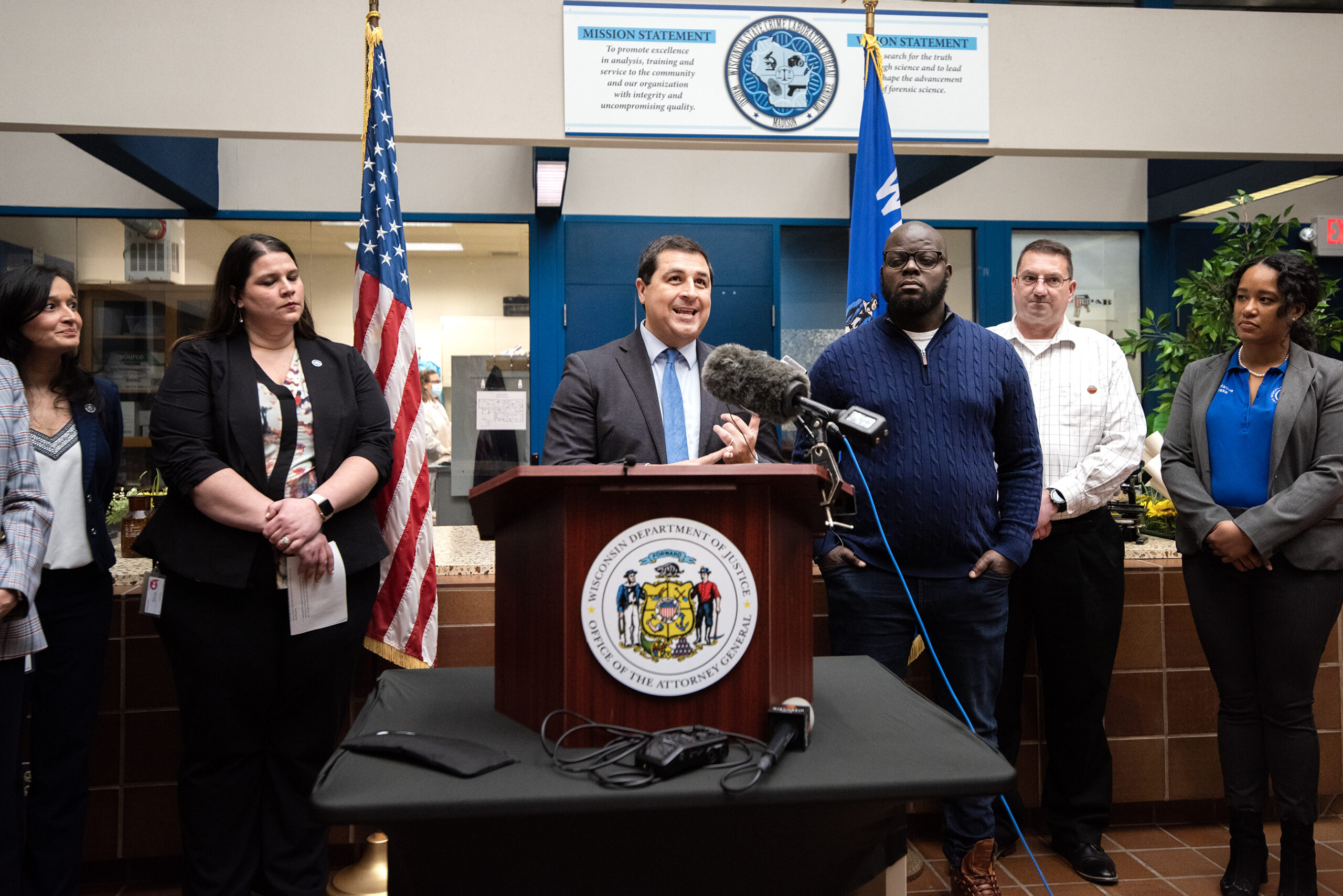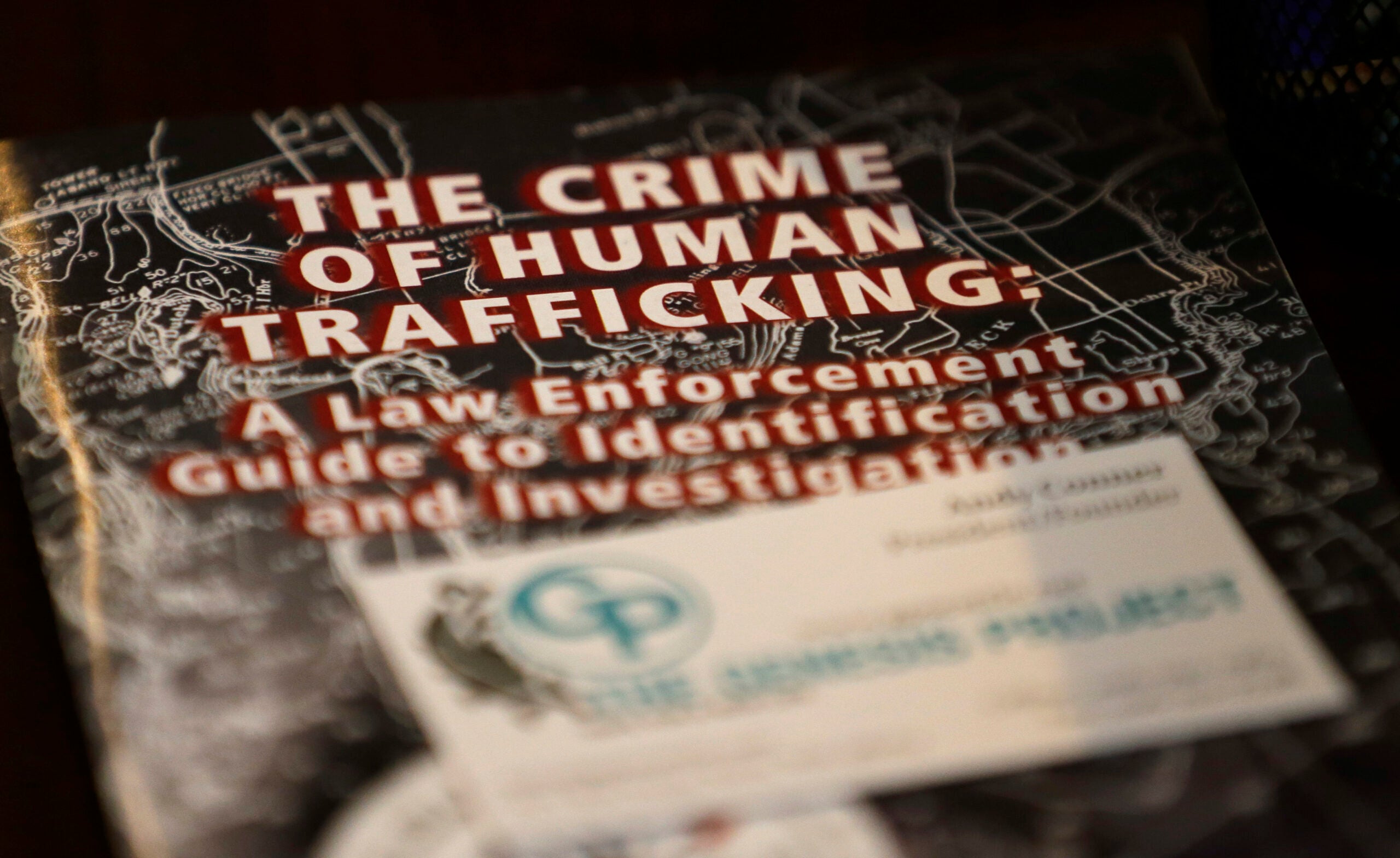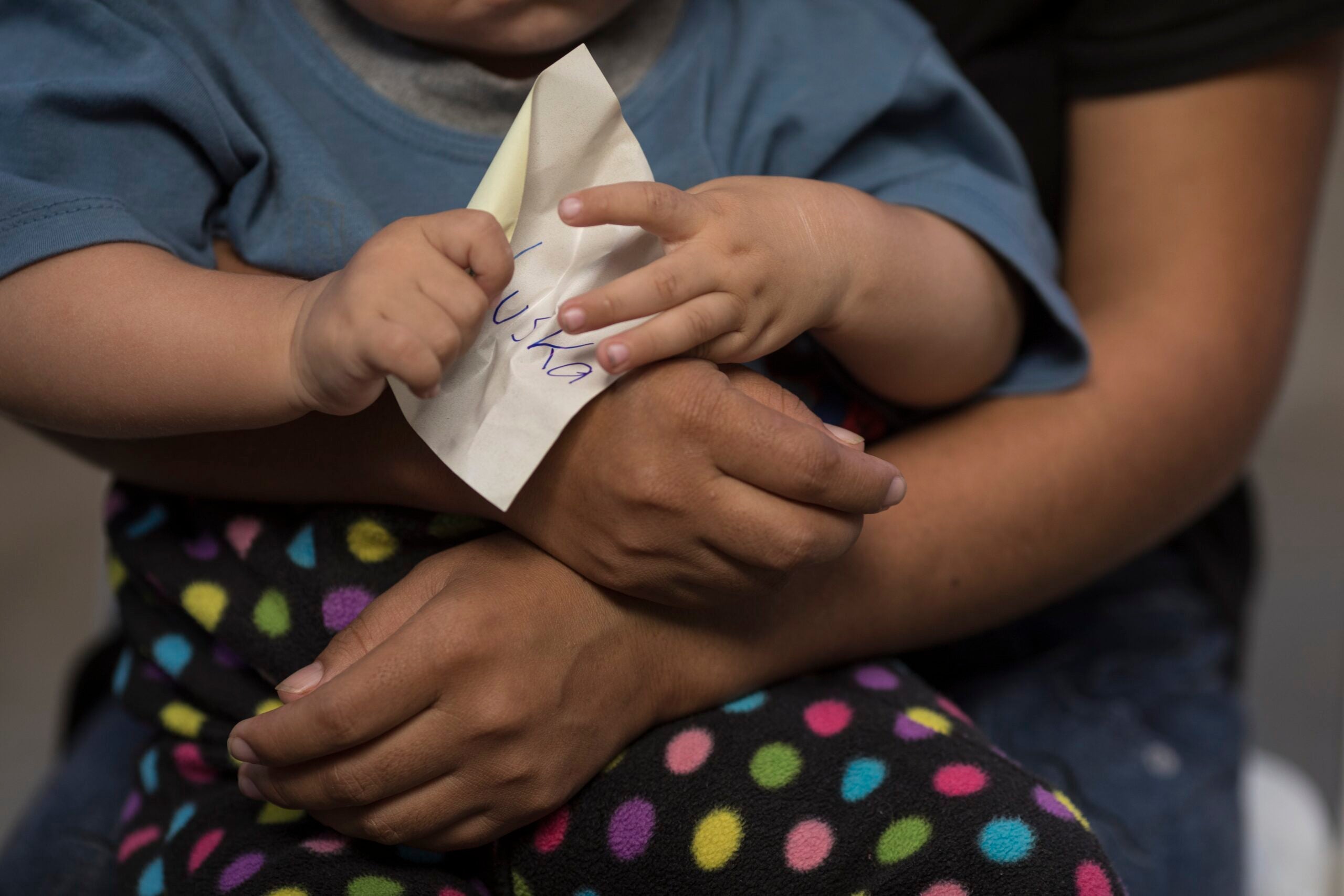The Wisconsin Department of Justice is updating the rules hospitals must follow in collecting evidence from sexual assault victims.
Since 2007, the state has been required to pay for the tests hospitals carry out on rape victims, regardless of whether the victim reports the assault to police. However, there’s been no standard for how much a hospital can charge for gathering blood and DNA samples. The new rule sets a $1,200 maximum that the state will pay.
Jill Karofsky, the director of the state victims’ rights office, said that a push to encourage more tests could end up costing the state more, but it could also promote public safety.
Stay informed on the latest news
Sign up for WPR’s email newsletter.
“The more victims who come forward and the more perpetrator DNA we are able, as law enforcement, to get our hands on, the more perpetrators we can catch and the safer we are going to be overall,” Karofsky said.
Last year the state spent more than the $600,000 to run tests on 720 rape victims — a huge increase from the $50,000 the state spent in 2010 to pay for testing on 62 victims. Karofsky said that’s a result of victims’ rights offices across the state encouraging victims to get tested even if they don’t want to report the assault as a crime.
The new rules list seven procedures a hospital can charge for. In addition to blood and urine tests, hospitals can be reimbursed for gathering a medical history and conducting a physical exam — including photos — for evidence of an assault. Also included are tests for pregnancy and sexually transmitted diseases.
The $1,200 cap is intended to cover about two-thirds of the overall cost of the tests. The rule includes a provision to increase that amount to keep up with inflation.
The state is also working on preventing hospitals from sending bills to victims. A federal law passed in 2013 prohibits hospitals from doing so. But Karofsky said it still happens occasionally, adding more stress for victims who are trying to recover from the trauma of rape.
Wisconsin Public Radio, © Copyright 2024, Board of Regents of the University of Wisconsin System and Wisconsin Educational Communications Board.






